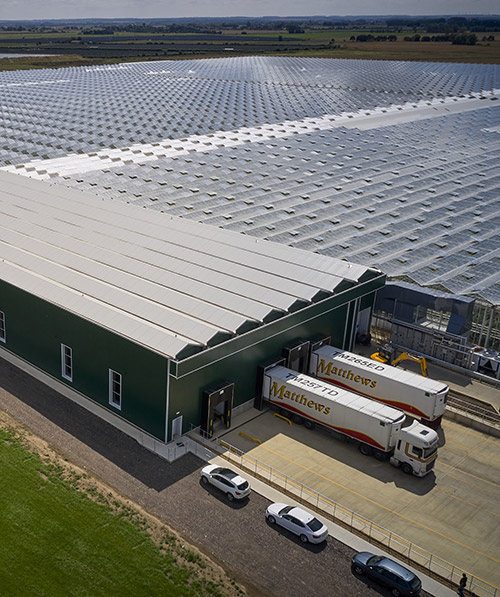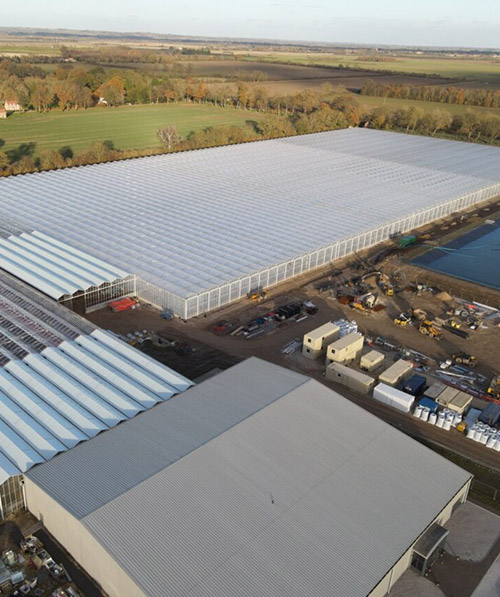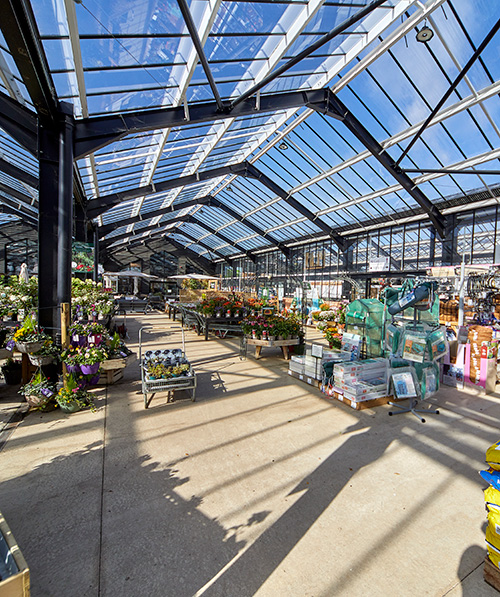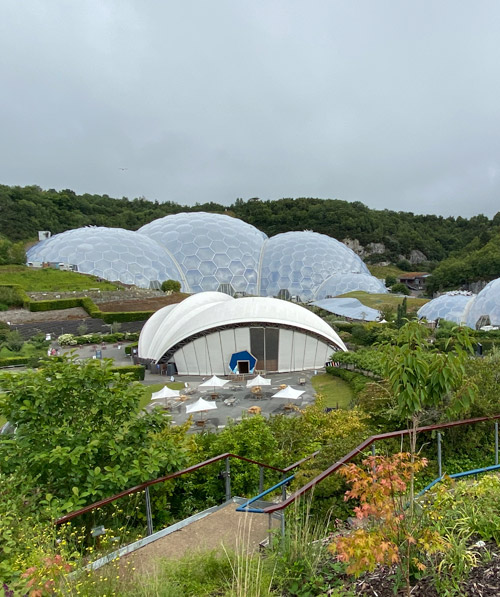Call Today 01430 449440
Should I invest in vertical farming?
Vertical farming is a multifaceted business which uses the latest technology and data science to produce fresh year-round produce.
By growing layers of leafy crops in a controlled environment, producers can increase food production, save space and minimise waste.
Interestingly, Bloomberg recently forecast that the industry's global market could be worth £17 billion by 2026.
With growth of at least 24 per cent expected in the next six years, the future's certainly bright for this highly-complex industry.
So, just who is the ideal vertical farming investment candidate? And why should they invest in vertical farming?
Who is vertical farming ideal for?
As a leading provider of vertical farming technology, we are frequently contacted by potential investors keen to tap in to the knowledge and experience we have here at CambridgeHOK.
Usually, the enquiries we receive fall in to two distinct categories - investors and growers - who both fully appreciate the benefits you can reap from a shrewd indoor farming investment.
Although they're often motivated by very different reasons, as outlined below, both parties are ideal candidates to invest in environment-controlled agriculture.
Investors
Most investors are keen to get into the vertical growing space because they want to invest in new technology and they can see it's an emerging market.
They generally have the funding needed to set up a vertical farm, and can see the opportunity available in a green space, but they don't have a customer who they can sell the produce to.
Our role at CambridgeHOK is to help them draw up a suitable business case for investing in vertical farming. If necessary, we can put them in touch with existing growers who are keen to diversify but lack the capital needed to do so.
Growers
When dealing with people who have an existing market and route to customer, the questions we face are completely different.
Most growers who are considering an indoor farming business model do so because they've experienced problems with their product at certain times of the year as a result of quality or supply chain.
They want to know about the benefits of growing indoors - such as improved product consistency, more crop cycles per year and less risk of harvest failure as a result of having much tighter control of the growing climate.
The biggest advantage is often the ability to plan production with no influence of external weather conditions to provide more robust delivery schedules and offtake agreements which retailers demand.
Additionally, vertical farming opens up the opportunity to grow products that do not suit the local climate thus providing the ability to introduce new products to the market.
As well as explaining the USPs they could offer to their existing customers - a higher quality product that's clean and available all year round - we try to educate them about whether making the switch to vertical is financially viable.
What factors influence a vertical farming investment decision?
No matter who approaches us about a potential indoor farming investment, the most influential factors are always the same.
- Start-up costs
- Energy model & cost of electricity
- Access to customer/retailer
- Type of crop
- Size and scale of farm
- Location - price of land
In truth, only around 15% of the enquiries we receive at CambridgeHOK are suitable candidates for vertical farming.
In the majority of cases, it's the start-up costs and ongoing energy expenditure which prove the most prohibitive factors.
As specialists in renewable technologies and combined heat and power (CHP) solutions, this is why we advise our clients to carefully consider their energy system before anything else.
With the right technology in place, our in-house design team can often propose a complete turnkey energy solution which will achieve savings in excess of 25% and dramatically improve profitability in the long term.
If raising significant capital is an issue, we can also partner growers with potential investors - although we only do so when it's in the best interests of both parties.
Should an optimised glasshouse solution prove more suitable to the needs of the grower and crop, we'll offer advice about the best way to achieve maximum productivity.
If you're considering a switch to vertical farming and want to find out more, please email [email protected] or call 01430 449440 for an informal discussion.
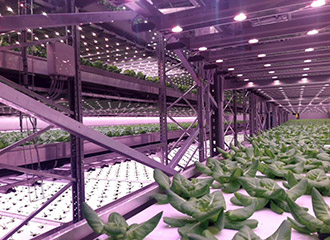
Call us to speak to a member of our team or complete the enquiry form and we will get back to you
- 01430 449440
- [email protected]
- Wallingfen Park
236 Main Road
Newport, Brough
East Yorkshire
HU15 2RH

